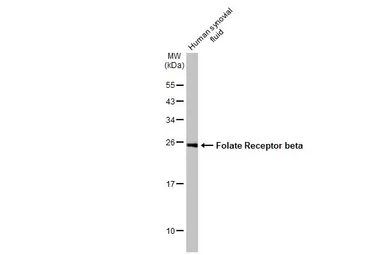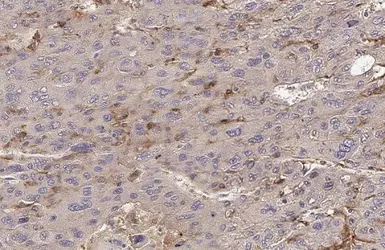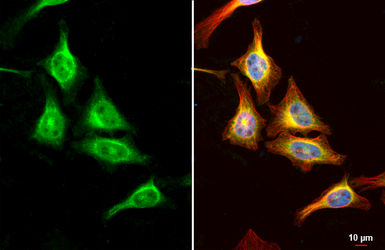Folate Receptor beta antibody
Cat. No. GTX105822
Cat. No. GTX105822
-
HostRabbit
-
ClonalityPolyclonal
-
IsotypeIgG
-
ApplicationsWB ICC/IF IHC-P
-
ReactivityHuman, Mouse, Chinese Hamster



